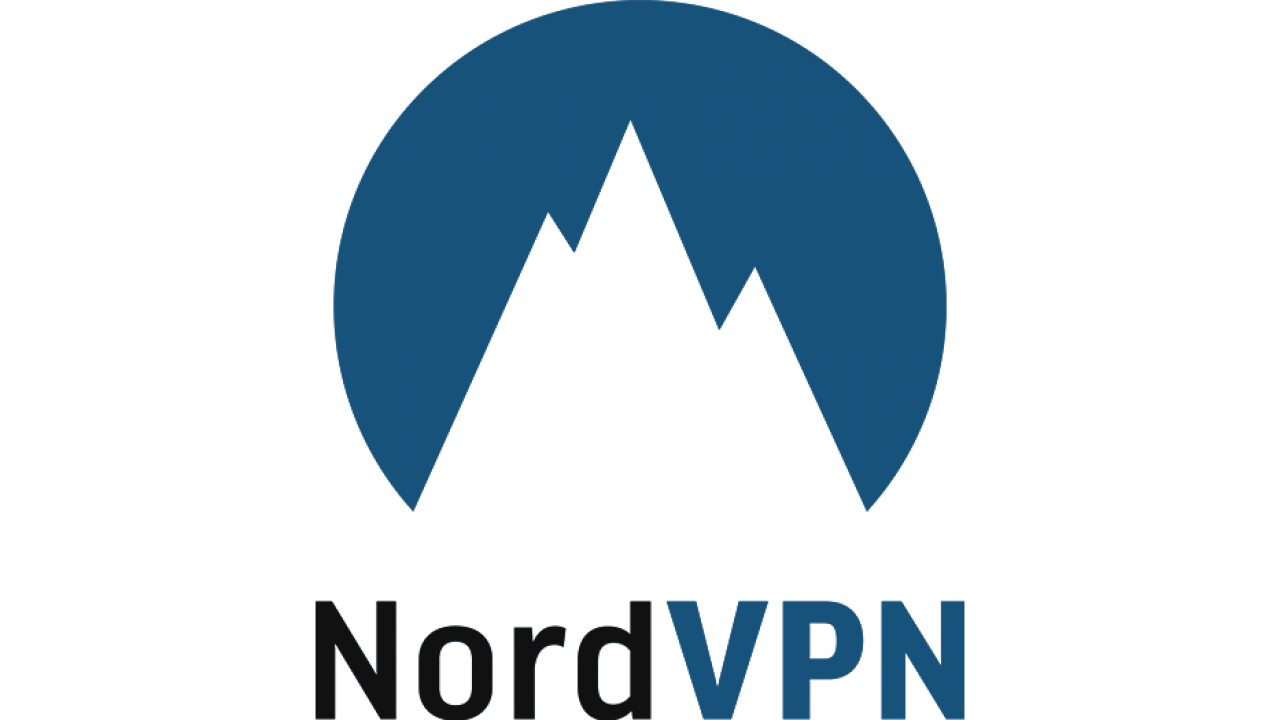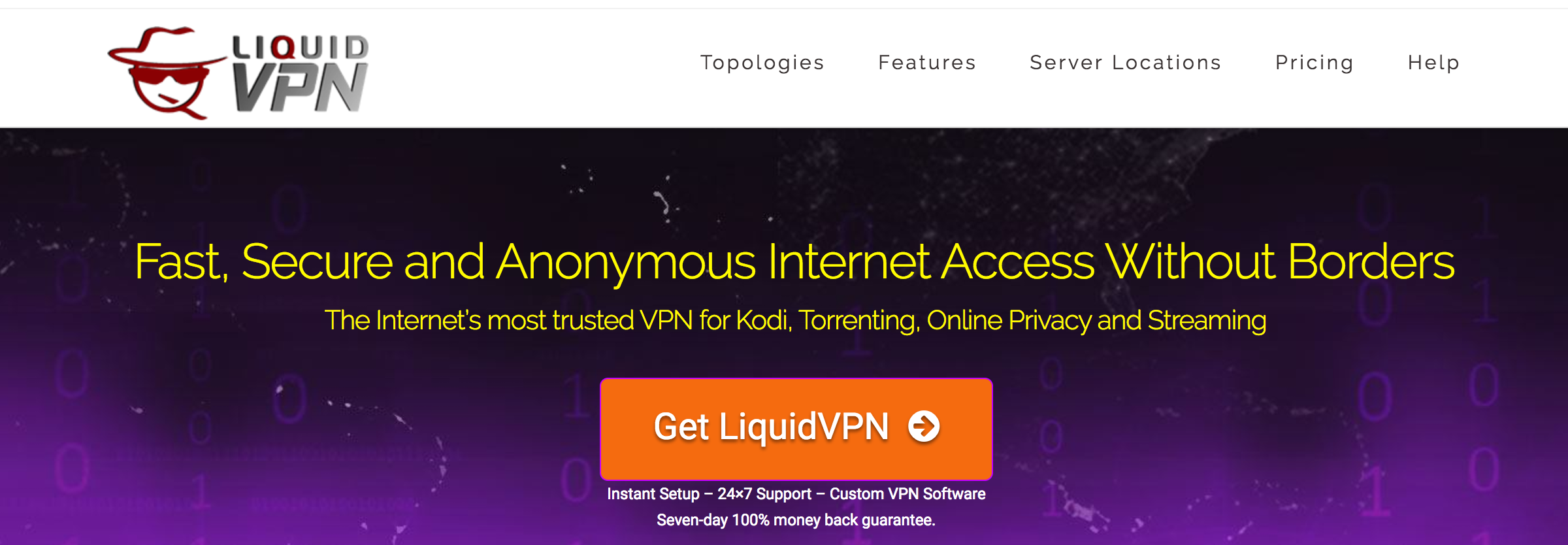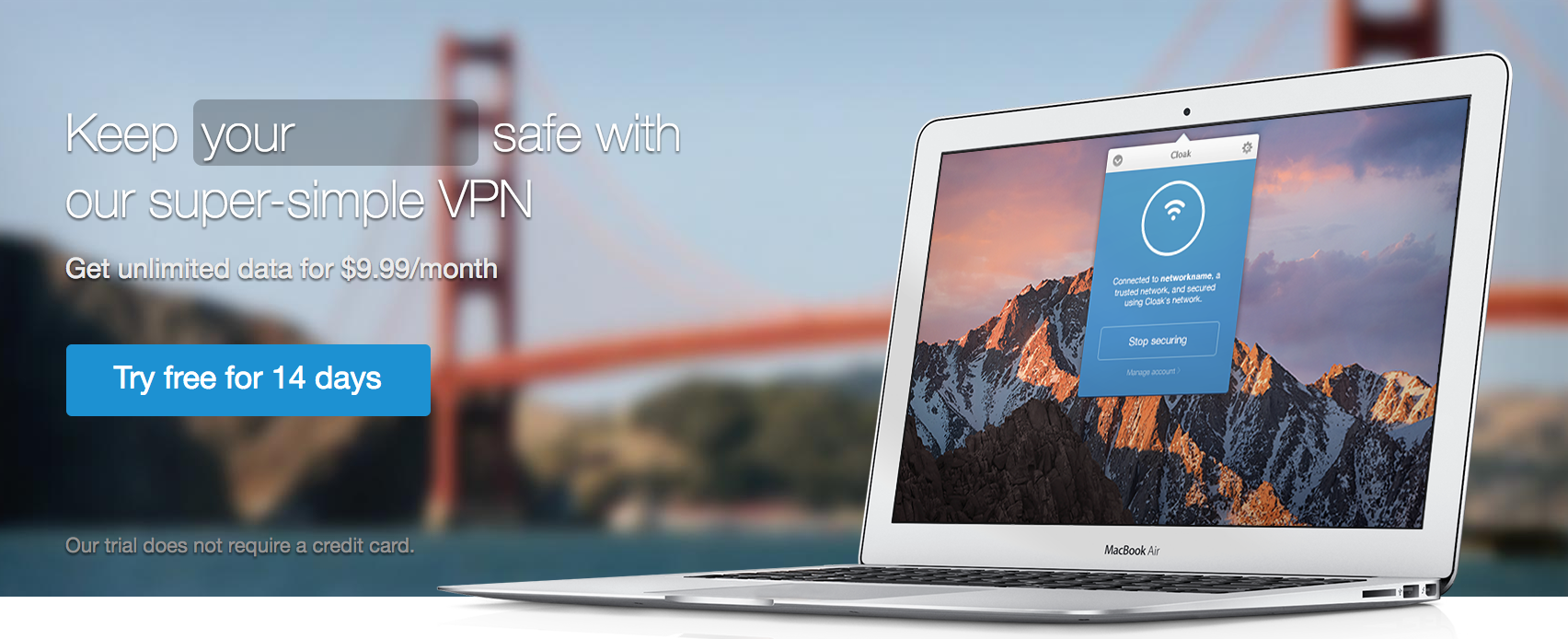Let’s talk VPNs. If you are unfamiliar with what a VPN is, a VPN or Virtual Private Network is a method used to add security and privacy to private and public networks, like WiFi Hotspots and the Internet. VPNs are most often used by corporations to protect sensitive data, however, they are also becoming extremely popular for personal use.
Essentially when you use a VPN, instead of connecting directly to your ISP and/or that public WiFi network, you connect to a server run by your VPN provider (a “VPN server”) via an encrypted connection (sometimes referred to as a “VPN tunnel”). This means that all data traveling between your computer and the VPN server is encrypted so that only you and the VPN server can “see” it. Obviously this means you have increased privacy and security around what you’re doing online.
But before you go out a buy access to a VPN from a VPN provider, it’s important to know a few important details, as well as to read more useful information on some top VPN review sites such as itday.com.
First, not all VPNs are equal–it is incredibly important to pick a VPN provider that uses solid encryption, ideally, look for OpenVPN or IKEv2. Additional security features that are nice to see (meaning they’re really really secure) include: perfect forward secrecy being enabled, hash authentication of at least SHA256, and Cipher of at least AES-256. Another point worth mentioning with regards to security and privacy is a feature I always look for when it comes to picking a VPN provider is to make sure they do not log.
It’s also really important to research where the VPN provider has server located. Remember you are routing your internet traffic through them so if the servers aren’t local/close to you that will increase latency and slow down your internet speeds.
Another key piece of advice: look into how many simultaneous connections you can have running through your account. Every provider is different.
Lastly, be sure to check their software offerings and make sure they have software that will run on your hardware, including your computer, smartphone, and tablet. Not all VPN providers have dedicated clients for every device, so finding one that will work with all of your devices will make your life much easier.
Here are three VPN providers that I like and recommend.
NordVPN

NordVPN is an excellent provider with a ton of features and support for many devices, including apps for Mac, Windows, iOS, Android, and game consoles. NordVPN operates more than 746 servers in 58 countries and with Nord you can connect up to 6 devices under one account. Nord is also P2P friendly and doesn’t impose bandwidth limits. They also have a strict no logging policy.
Some stand out features include: double VPN for increased anonymity, IKEv2/IPsec, OpenVPN, PPTP, L2TP, IPSec security protocols offered, and a free proxy list (up to 3,000 free proxies).
Pricing for a month-to-month plan starts at $11.95, but they often run promotions and discounts so be on the look out for those.
LiquidVPN

LiquidVPN is another good provider with a solid product offering, they operate 41 VPN Servers in 11 countries, and have 2,168 public IP addresses. All of their VPN servers run on dedicated servers with 1 or 10 Gbps network connections. Like Nord, LiquidVPN doesn’t log and allows P2P and BitTorrent. They too, support a bunch of devices with software available for Windows, Mac, and Android.
Liquid offers a few really nice features such as Liquid Lock which allows you to ceate optimum rules on your OS’s firewall to protect from any type of leak or network outage with the touch of a button. LiquidVPN also offers Perfect Forward Secrecy so every 30 minutes keys are renegotiated between you and the server. Another key feature is the ability to have unlimited server switching between servers in North America, Europe and Asia. You can also take advantage of Liquid’s Smart Streaming feature that lets you stream US and UK-based content from any of its VPN servers.
Pricing starts at $5.60 per month with the ability to connect up to two devices.
Cloak

Cloak is a little different than the previous two VPN providers. It’s designed only for Apple users–it works on the Mac and iOS exclusively. It’s also really simple to setup.
The folks who built Cloak did it with three things in mind: security, speed, and ease of use. They don’t really offer a ton of the perks that other providers do, but their service is solid.
Pricing starts at $9.99/month and you can connect unlimited devices to your account. They also offer a unique pricing option called “Passes” that lets you purchase a pass for a week, month, or year, starting at $3.99 for a week. If you’re traveling and want a great option to stay secure without the “lock-in” of a subscription this is it.
Have any other VPN providers you think are worth mentioning? Leave a comment!
